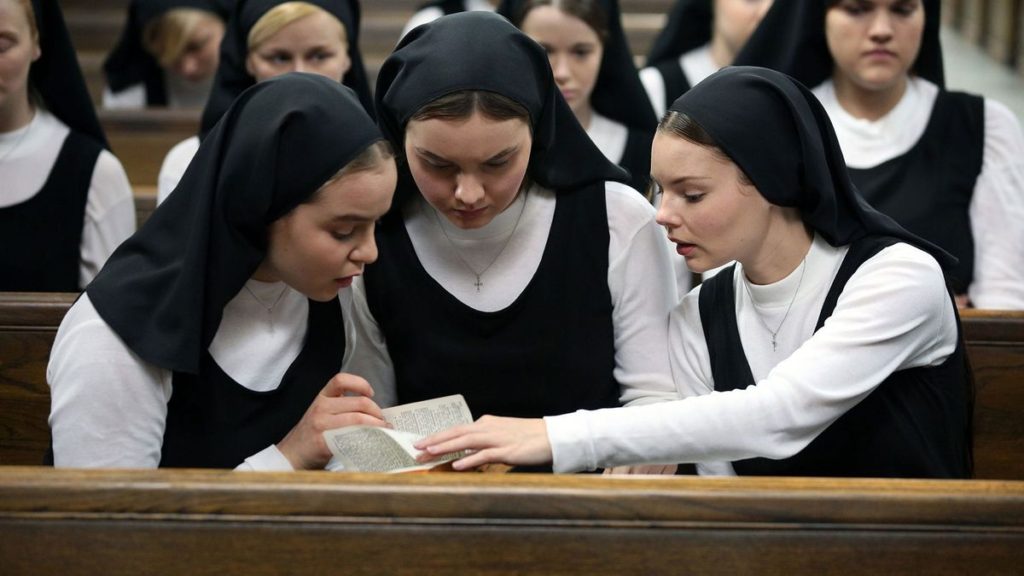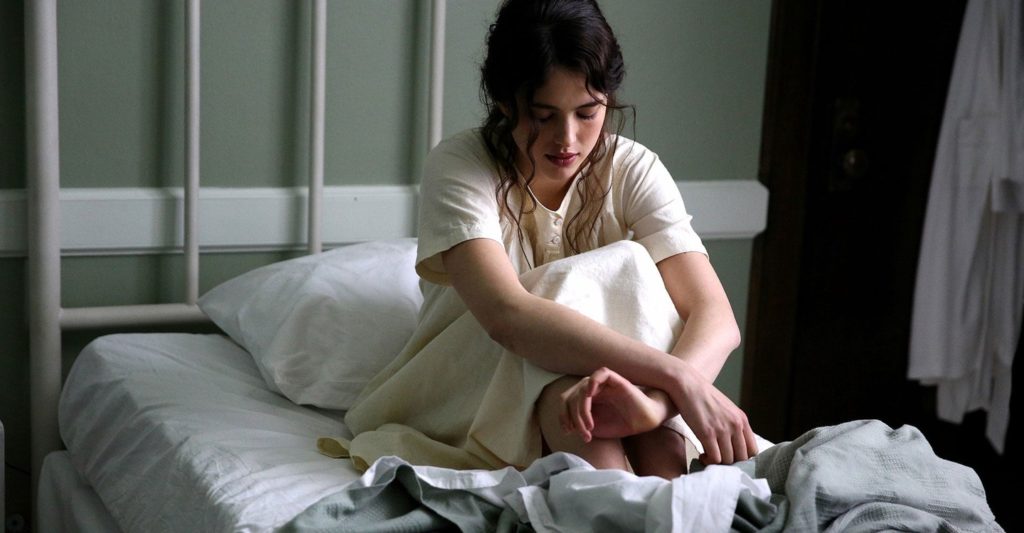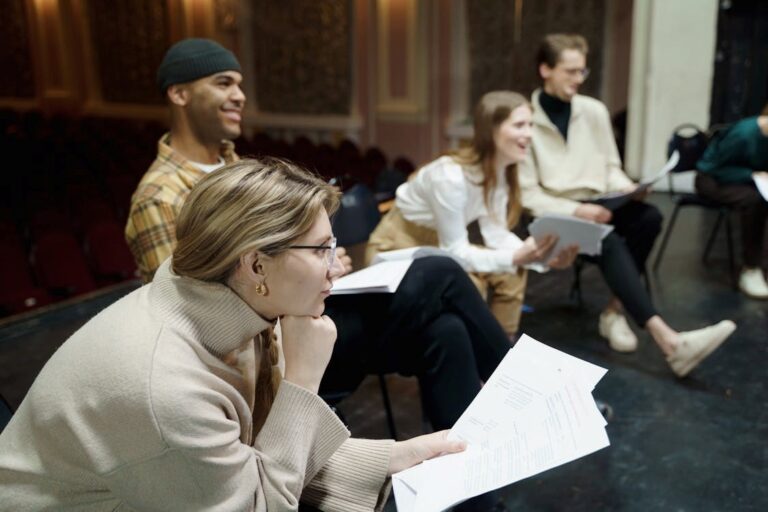
fciwomenswrestling.com femcompetitor.com, fcielitecompetitor.com, fciwomenswrestling2.com, pexels.com-Laurence-Suzaera-photo-credit
February 17, 2020,
If life is one constant transition, and it seems to be, when someone says to you to be yourself, how can that really be defined?
You are constantly changing as well.
Even if you hope not to. Life, circumstances, new experiences and how you react to all of them is forcing change upon you.
Be yourself? You are the one that defines what that means.
So how do you do that? Here are some clues.
You are what you protect.
You are not who you project.
You become what you promote.
Hopefully that all makes sense. Once you begin to analyze each of those three components, you will get a pretty good idea of who you are.
Consider the first.
In terms of protection, you can find out a lot about yourself by ascertaining what is important to you to protect.
Protecting children and family is not what we are focusing on here. Why? That desire is in virtually in every parent because it is instinctual. It is pre-programmed, perhaps hard wired, so protecting your children is such a natural response, that it is not unique to each one of us.
We are speaking of protecting ideas, values, personal standards and belief systems that are typically man made.

That is why for some, long held religious standards are so important to uphold and keep sacred, though mostly as individuals, they cannot stop change. To them it reflects why they were attracted to that particular faith in the first place.
In their mind it defines who they are as a person.
But is that really true?
If the organization’s leadership begins to insert change, especially systemic alterations that the individual or follower is no longer comfortable with, that will typically call for a self-redefining.
Or an exit.
The epitome of that is painfully told in a brilliant film, Novitiate.

Novitiate is a 2017 American drama film written and directed by Maggie Betts, in her feature directorial debut. Starring Margaret Qualley, Melissa Leo, Morgan Saylor, Dianna Agron, Julianne Nicholson, Liana Liberato, Denis O’Hare, and Maddie Hasson, the film follows a young woman (Qualley) who starts to question her faith as she trains to become a nun.
This is a story of the effect of Vatican II (1962-65) on the Catholic Church, as seen in one convent, through the eyes of the tough old-fashioned Mother Superior, the kinder, younger, and more modern nuns, and the Postulants and Novices, particularly Sister Cathleen.
Margaret Qualley’s performance as Sister Cathleen Harris is magnificent and incredibly moving.

The masterful reviewers at rogerebert.com pinpoint it well. “It’s a time of flux for the Catholic Church, though. “Novitiate” takes place just as the changes of Vatican II are going into effect throughout the world—radical, liberal shifts in ideology that are meant to foster openness and inclusiveness, but which fly in the face of hard-liners’ long-held beliefs and practices.”
Here is a note from a potential film goer who took the time to write in.
“As a former catholic and Alter boy, I certainly hope I get to see this. Would be nice to see this subject matter handled seriously. And I just don’t mean dramatically. Other movies have explored this same subject matter with more of an emphasis on the religion than on the people. This sounds like a people-oriented perspective.”
We understand and agree. Believe us. It is handled seriously, patiently and brilliantly.
For those of us who have committed our youth and years to a particular organized religion where we were true believers, then became disillusioned by massive changes, it resonates like a belt whipping on a bare butt.
Our friend Michelle didn’t see it coming.
Previous to joining an International organized religion, Michelle worked since she was 12 years old, paid cash for her high school car, graduated from high school 6 months early and paid for her own college education.

By anyone’s standards, that appears to be a stellar youthful resume.
Then she joined organized religion.
In a strange way it was as though they de-programmed some of the most important personality traits that she once passionately applied.
She stopped taking risks, became more passive, organizationally obedient and began to see her commitments, in contrast to her youth, not in terms of what she wanted, but in terms of what God wanted.
On the surface, the last part sounds noble but the challenge with that philosophy is the major question that it raises.
Who is God?
Or, in particular, who is your God?
Do you really know? Or are you basing it upon what some religious organization tells you who he is?
Yes, we said he.
We’re not saying that God does not exist. Our experience has taught us that who God is often depends upon which religious organization’s leadership that you listen to and follow.
Think about it.
You could now be basing your most important life decisions and future pathways on an entity that you don’t really know. So how can you know what that entity really wants?
Therein was Michelle’s problem. Why do we say problem?
Because her resume post 25 years old began to change.
Massively.
She married the wrong person. To meet the time commitments of her religion she accepted and remained trapped in a dead end job that she absolutely hated and her personality changed as a result.
She would eventually lose her marriage, her homes, her money and her health.
The organization that she knew in her youth began to change. It became more liberal, not politically speaking, but inclusive in terms of certain behaviors of people of the world in an effort to become more contemporary.
What initially attracted Michelle to the religion was their once very high standards?
Those standards changed.
They didn’t go up.
Disillusioned, Michelle eventually left over 10 years ago and, according to her, never will come back.
She felt that after such a great start in life as a young person, she really blew it. She would go to her high school reunions and many of her classmates are millionaires in happy marriages, had great careers and, though no one’s life is perfect, appear to be sincerely happy with their post college resumes.
Whoever their God’s were, they blessed them far more than her God did her. Michelle didn’t feel jealousy towards her childhood friends, instead she felt humiliated and embarrassed. She thought she was going to grow to be a winner. Not someone whose life is a cautionary tale.
Again, though her name is changed, this is based upon a true story. Not loosely. With pin point accuracy.
So, what do you think of Michelle’s post 25 years old resume?
In a penetrating discussion with one friend, after explaining her marital breakup and life story, they delicately asked her why she joined that religion in the first place.
Michelle slowly lowered her head and knew after extensive analysis, it was about family.
Aren’t stories about young people joining cults usually are?
In her family, Michelle was not the prized child. She was the despised one. She was a risk taker and rebellious. Her parents not only didn’t like her, they punished her in real terms.
They rarely supported her efforts, showed up to her events and left her to fend for herself. They provided little guidance or direction. Instead it was mostly about their rules. Follow them or face their wrath.
Why did Michelle pay for her own college education?
It was because her parents wouldn’t. They did pay for her sibling’s college education.
So when Michelle went out into the world, she was searching for something that she had not experienced but so badly desired.
A loving family.
That organized religion, like many, told her exactly what she wanted to hear.
Then they changed.
Which brings us back to the film Novitiate.
The main character, Sister Cathleen Harris experienced something similar.
Why did she become a Nun? In part because of the extreme deficiencies in her family life and her very apparent lack of respect for her mother’s behavior.
Once the church changed, she and her fellow sisters had important life altering decisions to make.
There is a major lesson here, and rather than preach, we will pose it in question form.

If you are a young person reading this, is it wise to make major adult pathway decisions based upon the thinking of a God you’ve never met who has been described to you by primarily men in a leadership position, far, far way, who you’ve personally never met either and who are in control of what you should believe now, which will most likely change later?
Is that wise?
Wouldn’t it be better to make important decisions based upon what you personally want? Where you are the one in control of policy? Where you have your own personal faith and beliefs based upon who you hope to be and evolve into?
The more you can control your own life and not leave it to others, our experience has taught us, the better.
Yes, we all need a pathway to follow. Especially when we are young. The challenge is, the mentors and leadership that you are following should be closely scrutinized.
Do they have your best interests in mind or theirs?
You need to find out the answer to that question and very quickly.
As far as God, we know that is based upon faith but is it wise to blindly follow a God that you’ve personally never met? Guidance is fine but major life decisions?
There is no 100 percent control in life. Things happen. Trains crash, earthquakes destroy, floods wash away, illnesses can kill.
You can’t control those things.
But the things you can control, like being patient and trying to decide what you truly want out of this life based upon your needs and who you hope to evolve into, wouldn’t that be more preferable?

~ ~ ~
Opening photo fciwomenswrestling.com femcompetitor.com, fcielitecompetitor.com, fciwomenswrestling2.com, pexels.com-Laurence-Suzaera-photo-credit



